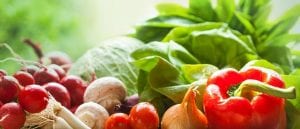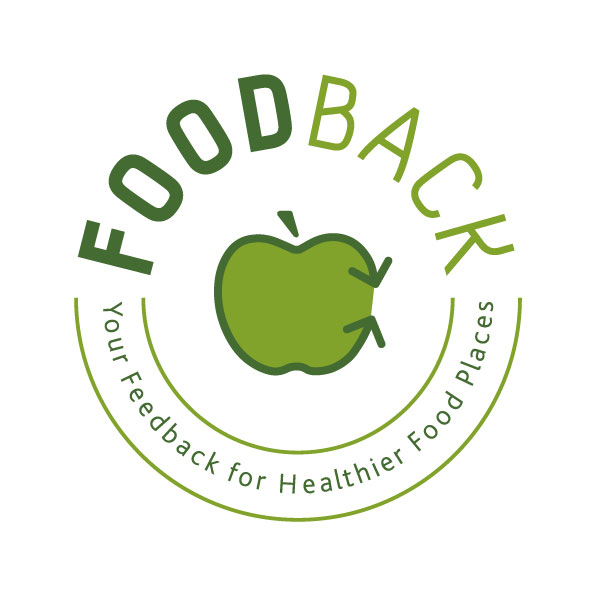
Choose and/or prepare foods:
– with unsaturated fats instead of saturated fats
– that are low in salt (sodium); if using salt, choose iodised salt
– with little or no added sugar
– that are mostly ‘whole’ or less processed.
Choose whole or less-processed foods as much as possible
Whole foods are very close to their natural state, and they have no added fat, salt or sugar. Examples include fresh vegetables and fruit, raw nuts, fish, eggs, chicken or red meat with fat removed.
Less-processed foods have undergone some processing but still retain most of their original nutrients and can be healthy food choices. Frozen or canned vegetables and fruit, canned legumes and fish canned in spring water are healthy, convenient and affordable options. Other healthy examples include milk that is pasteurised to make it safe to drink, and whole grains such as oats, whole wheat and brown rice.
Highly processed foods tend to be high in kilojoules, added fat, sugar and/or salt but low in vitamins, minerals and fibre. Highly processed foods include sweets, sugary drinks, biscuits, muesli bars, cakes, pastries, pies, instant noodles, salami, luncheon, chippies and store-bought burgers and pizzas. Avoid or have them only occasionally.
Choose foods that are low in saturated fat, sugar and salt
Eating too many foods that are high in saturated fat (animal fat and coconut and palm oils), sugar and salt can be bad for your health. Choosing foods with unsaturated fats (from plants, excluding coconut and palm oils) rather than saturated fat can lower your risk of heart disease.
Source: Ministry of Health

